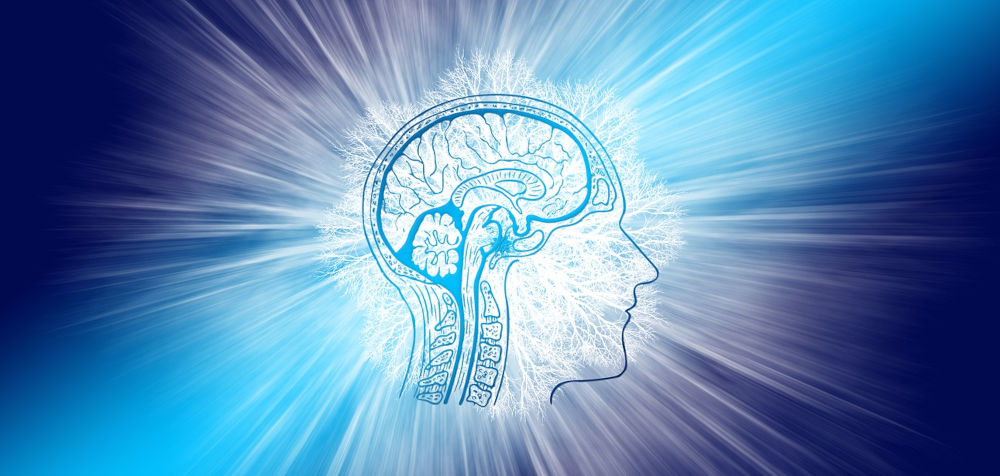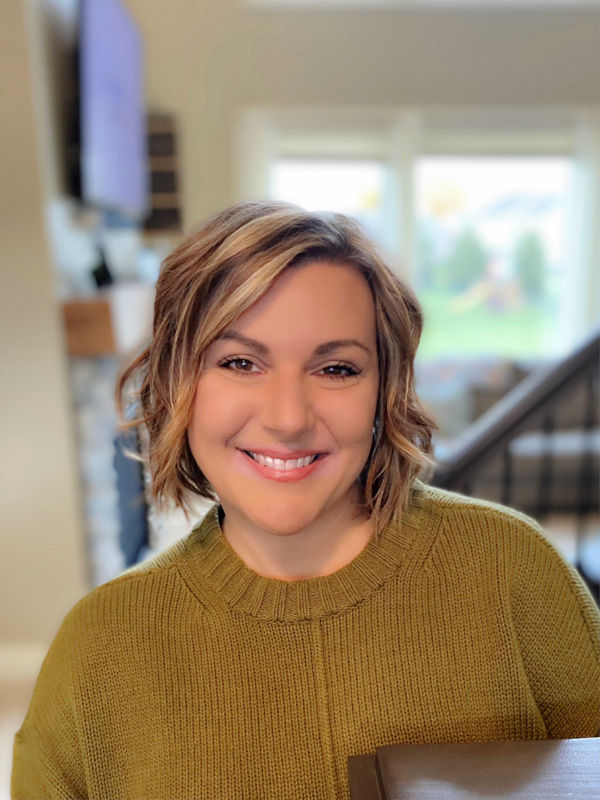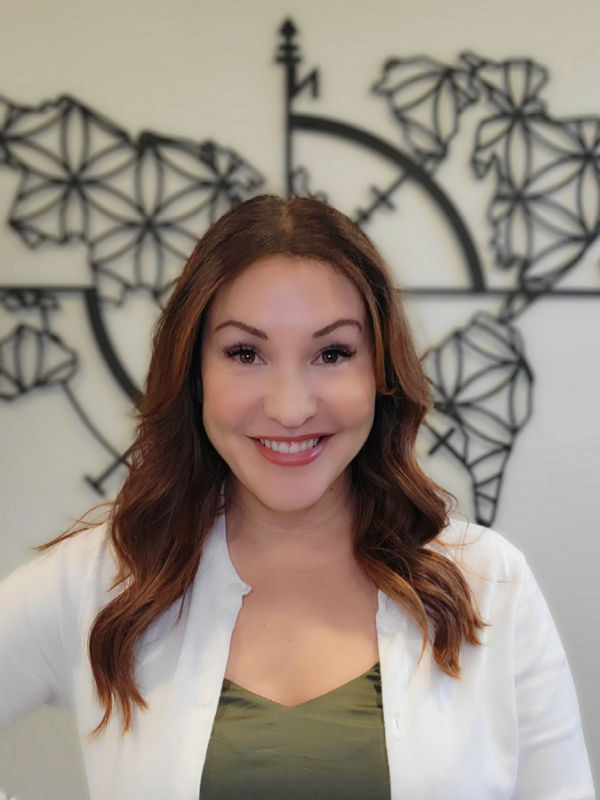Neurodiversity
By Jennifer Maurer, PsyD & Christina Warholic, PsyD
January 2023

If you read our last blog, you know that we feel strongly about neurodiversity and our role in understanding it. But what is neurodiversity? Neurodiversity is commonly understood as differences in neurological function from what is considered typical. This means that individuals who are neurodiverse have different ways their brains respond which impacts how they behave and experience the world. On the other hand, there are neurotypical people meaning their brains respond in the typical or "expected" way. There’s a problem with that understanding of neurotypical and neurodiverse brains. Neurotypical is a complicated description since there is no typical brain; in fact, every brain is unique. Even in what would be considered a neurotypical brain, the individual likely has some strengths and differences compared to other individuals their age. But this isn’t a bad thing! It allows humans to have differing skill sets that help us in our specific roles and jobs. What is considered typical is often determined by a large sample of individuals or determined by the majority (in this case, neurotypicals). Unfortunately, many times this means that the neurodiverse group is seen as wrong/incorrect rather than different. This is why many neurodiverse groups have pushed back and advocated that their way is not wrong, but just different. We all need divergent thinkers who help us see things in a different way. There’s a wonderful quote from Robert Blume that expresses this much better than we would ever be able to: "Neurodiversity may be every bit as crucial for the human race as biodiversity is for life in general. Who can say what form of wiring will prove best at any given moment?"
Neurodiversity also helps us understand that many individuals may have some characteristics of a diagnosis, though they don't have all the symptoms to get that diagnosis. In fact, if you look at a list of symptoms for common diagnoses (e.g., ADHD, Autism, etc.), you will find that most neurotypical people show a few symptoms. Diagnoses are made up of behaviors that many people show, though these often vary in intensity and number. These symptom clusters then lead to the identification of a syndrome or disorder. Let’s think about that from the neurodiverse lens for a moment. The word "disorder" is problematic because it strengthens the idea that different is wrong. Right? How strange that might feel to many? This medical model world we, as psychologists, live in is imperfect, to say the least. We share these concerns with the neurodiverse community. It is certainly our hope that the future brings change to how we collectively speak about brain differences.
"Neurodiversity may be every bit as crucial for the human race as biodiversity is for life in general. Who can say what form of wiring will prove best at any given moment?" - Robert Blume
When we think about assessment in the context of neurodiversity, we understand that every individual has a unique set of skills. Your brain is not the same as anyone else's even if you share a great deal of DNA as in identical twins. As we’ve said before, understanding an individual's skills help us to make diagnoses which often include a particular set of strengths and differences. While a diagnosis is useful, it doesn't tell us everything we want to know about that person. We feel strongly about the accuracy of the saying, "if you know one person with (insert diagnosis), you know one person with (insert diagnosis)." This is what makes diagnosis so complicated. The symptoms seem straightforward, but they look different in each individual. For example, not every Autistic individual uses less eye contact or prefers to play alone, but they could. Some Autistic people make eye contact when speaking, but not listening. They might also make eye contact when speaking and listening. Not every child with ADHD is running around a classroom, but they could be. Or they might be fidgeting or talking constantly, but they also might be sitting calmly in their seat. There is no individual symptom that leads to a diagnosis.
Parents sometimes come in worried about a diagnosis because of what having that diagnosis might mean or their own beliefs about what a particular diagnosis means, and we understand that it can be scary. There is sometimes a stigma associated with diagnoses, and parents often worry about what this diagnosis will mean for their child and their child’s future. This is where it’s important to remember that the assessment and/or subsequent diagnosis does not change your child. In fact, it provides us with information about how their brain works which you've probably noticed in various ways all along. It gives us guidance about what is contributing to the meltdowns, anxiety, frustration, sadness, or other concerns we might have about their emotions and behavior that brought the family into our offices in the first place. This helps us determine what supports and interventions they might benefit from. The supports and interventions should be based on a particular individual's skill set and less on a diagnosis, and assessment can help us develop that plan.
Which brings us to the interventions and supports for the neurodiverse individual. The goal of interventions should not be to make someone behave neurotypically because it suggests their way is wrong or that who they are is wrong. It’s also impossible to make a neurodiverse person become neurotypical. Their brains are already wired differently. When we try to make them act neurotypical, we make them feel bad about who they are and suggest they hide who they are. This is called masking, and it's exhausting and frustrating. Its more beneficial to our kids to help them feel safe, connected, and supported as most parents strive to do. The goal of interventions and supports should focus on helping your child be the best version of whoever they are. This will help alleviate distress they experience within a neurotypical world and help them feel comfortable in their skin. And we are so excited to be a part of this!
We hope that this offers a small glimpse into the understanding of neurodiversity and sheds light on who we are, our beliefs, and how we might support your family.
About the Author

Jennifer Maurer, PsyD

Christina Warholic, PsyD
Dr. Maurer and Dr. Warholic co-founded the Pediatric Mindworks Center at HRA and offer assessment of children and teens. They've been rated as Top Care Providers by Grand Rapids Kids for the past three years and have served the West Michigan community for over ten years.
